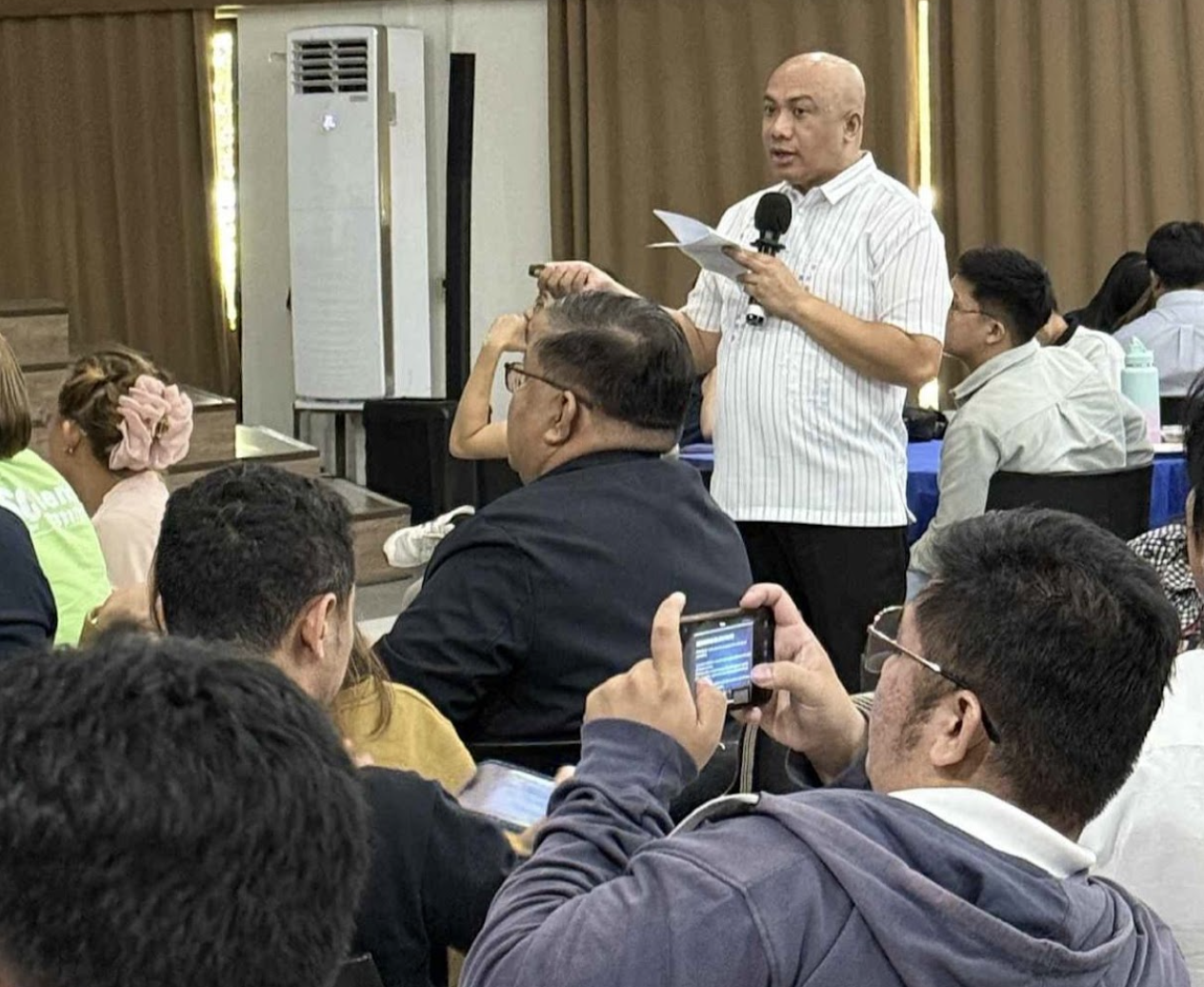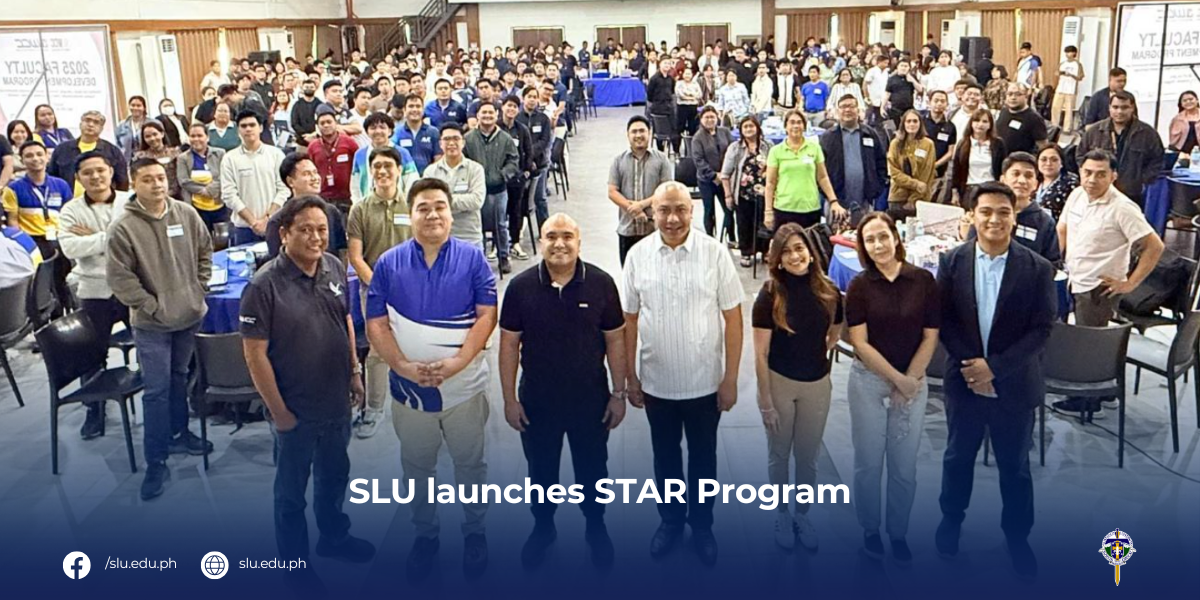Resolute in implementing the 3-Year Sustainable Development Goals Plan of Saint Louis University (SLU), Rev. Fr. Gilbert B. Sales, CICM, PhD, university president, launched the STAR (School Training for Advancement and Recalibration) Program. This flagship initiative aims to strengthen partnerships with Catholic schools in the region (Saint Theresita’s School of Kapangan, Kapangan, Benguet; San Alfonso High School, Sabangan, Mt. Province; and Saint Theresita’s School in Balbalan, Kalinga) in collaboration with higher education institutions.
The program aims to extend the university’s expertise and resources to partner schools, empowering them to enhance quality learning, teacher competence, and institutional management. This SDG initiative reflects the university’s commitment to fostering excellence beyond its own walls and promoting a shared vision of educational development throughout the region.
As the initial phase of the implementation, SLU distributed desktop computers to the three Catholic schools in the region and conducted a series of capacity-building workshops, curriculum development seminars, and mentoring sessions for educators from partner schools.
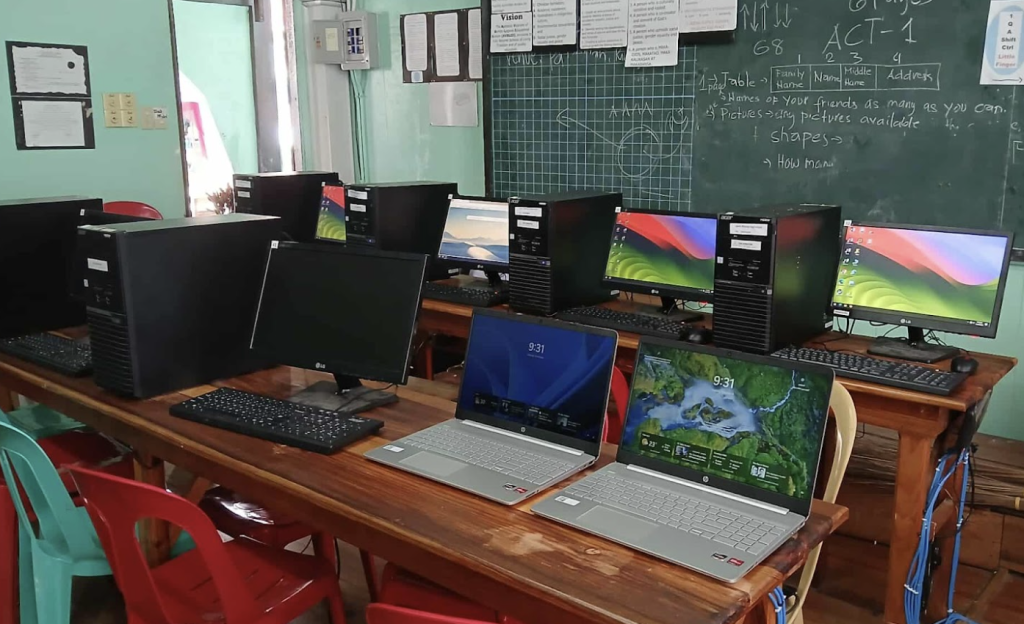
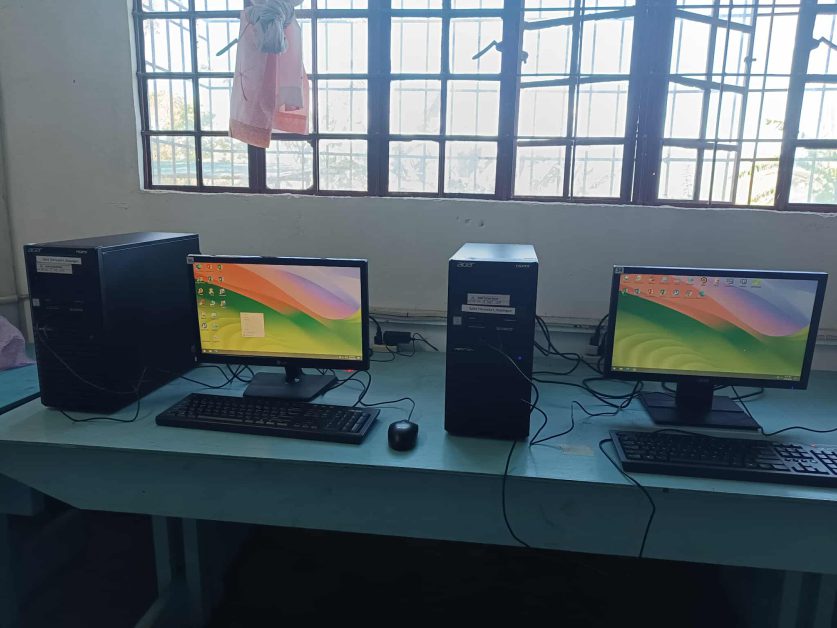
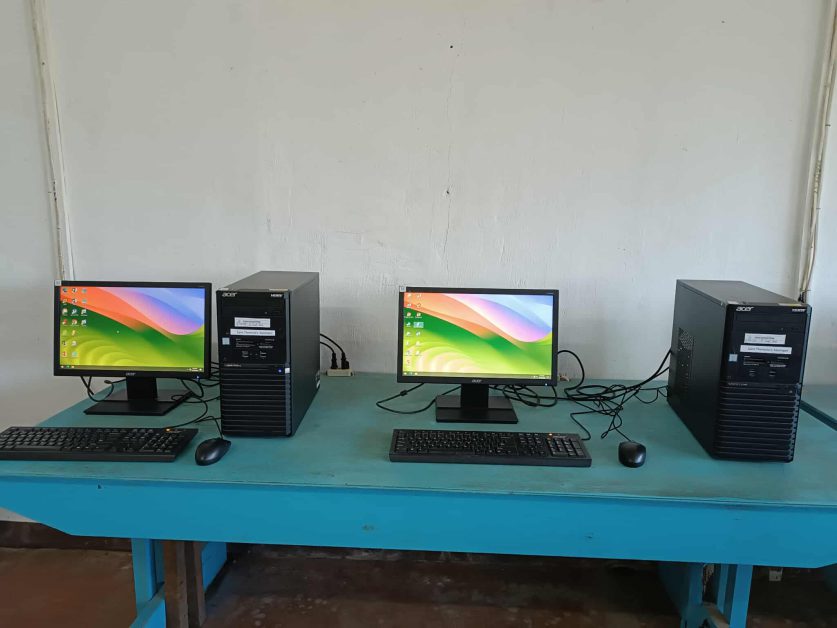
The Executive Assistant to the SLU President, Joselito C. Gutierrez, PhD, was invited to give a lecture on “Levelling-up Curricular Delivery at World Citi Colleges” in Binalonan, Pangasinan on 4 August 2025. This was followed by a lecture on “Learner Centered Pedagogies” to the Education faculty and students of the University of Eastern Pangasinan on 26 September 2025.
The Vice President for Academic Affairs, Felina P. Espique, PhD and Dr. Gutierrez was also invited as panel members and speakers on “Cultivating and Sustaining Excellence and Quality Assurance” on 7-8 October 2025 at Partido State University in Goa, Camarines Sur.
During the 2025 National and International Conference of the Philippine Association for Teachers and Educators (PAFTE) last 10 October 2025 held at SLU, Baguio City, Dr. Gutierrez gave a presentation on SLU’s Sustainable Development Goals journey.
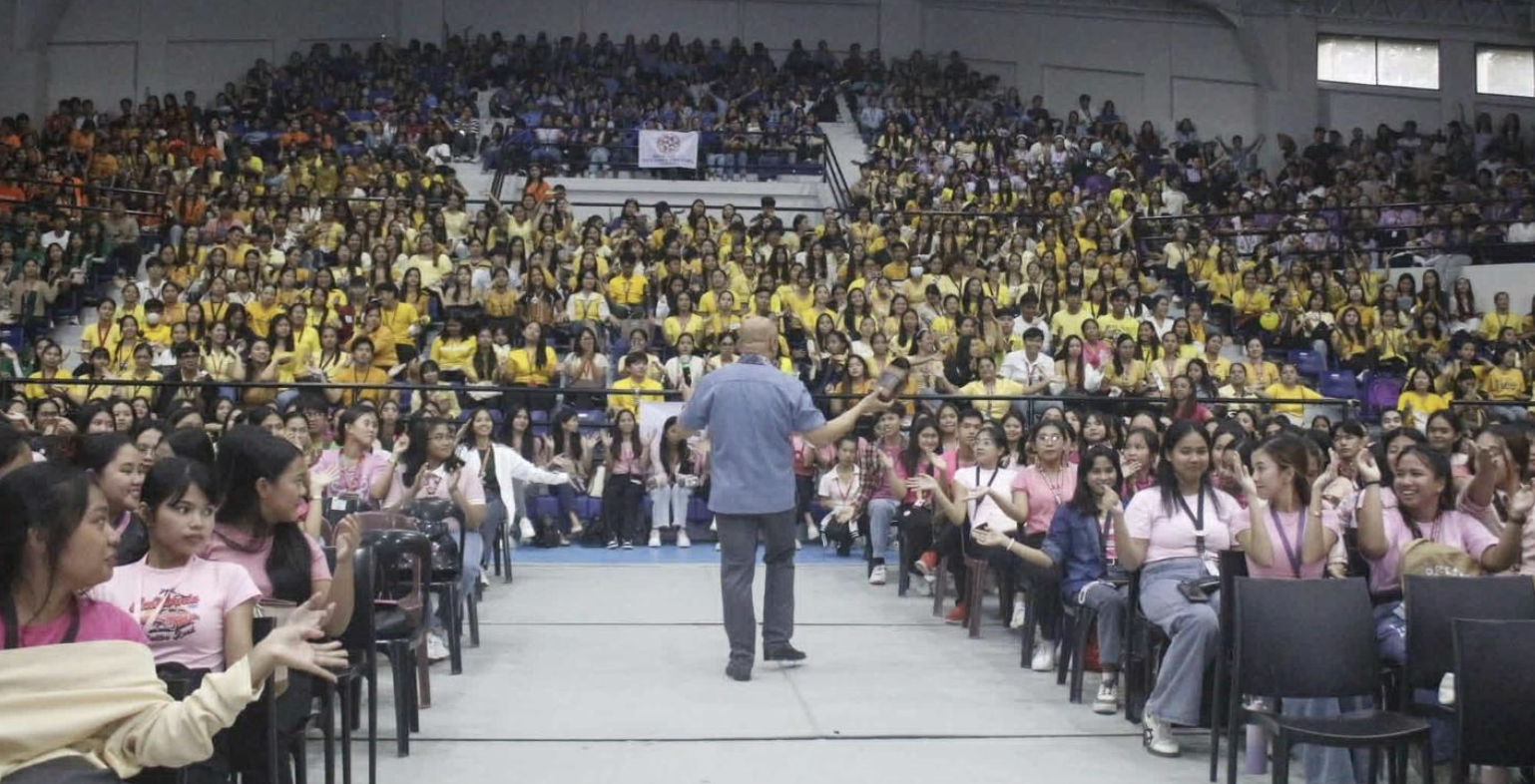

The STAR Program underscores the importance of assisting other educational institutions and even local communities in delivering quality education and services as a collective responsibility of the academic community. By sharing best practices and extending technical expertise, SLU aims to bridge gaps in educational quality and equity, especially in underserved areas. Fr. Sales reiterated that sustainable progress in education can only be achieved through unity and cooperation, and that the STAR Program serves as a model of how institutions can work hand in hand to elevate the nation’s educational standards.
The SLU Office of the Vice President for Mission and Identity, led by Rev. Fr. Emery E. Mwako, CICM, serves as the co-implementor of various activities under the STAR Program. The program also collaborates with key partners including DIWA Learning Systems, Inc., Phoenix Publishing House, Inc., MJLAC Construction and Aggregates, and Elamparo Design and Construction.
The STAR Program targets SDG Key Indicator 4.c.1, which measures the proportion of teachers in (a) pre-primary, (b) primary, (c) lower secondary, and (d) upper secondary education who have received at least the minimum organized teacher training—whether pre-service or in-service—required for teaching at the relevant level in their country. It also aligns with the CICM Advocacy on Justice. (Article and photos by J. Gutierrez)
